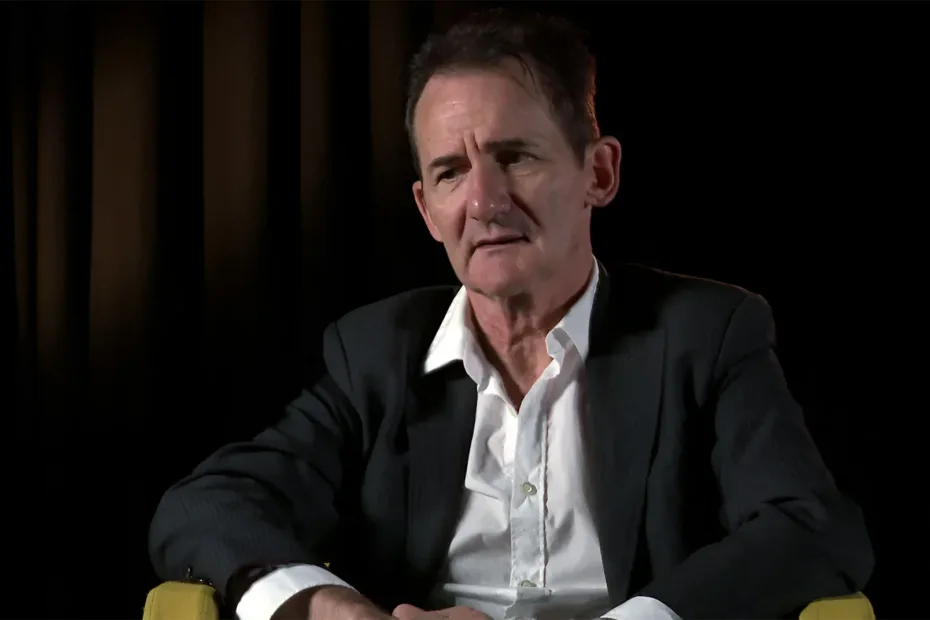Natural Language Processing | Understanding the Power of Words
The volume of content produced daily is remarkable, spanning most of online life. Tackling this extensive linguistic pool, Natural Language Processing (NLP) integrates linguistics, computer science, and artificial intelligence equipping computers with the ability to comprehend and produce human language.









